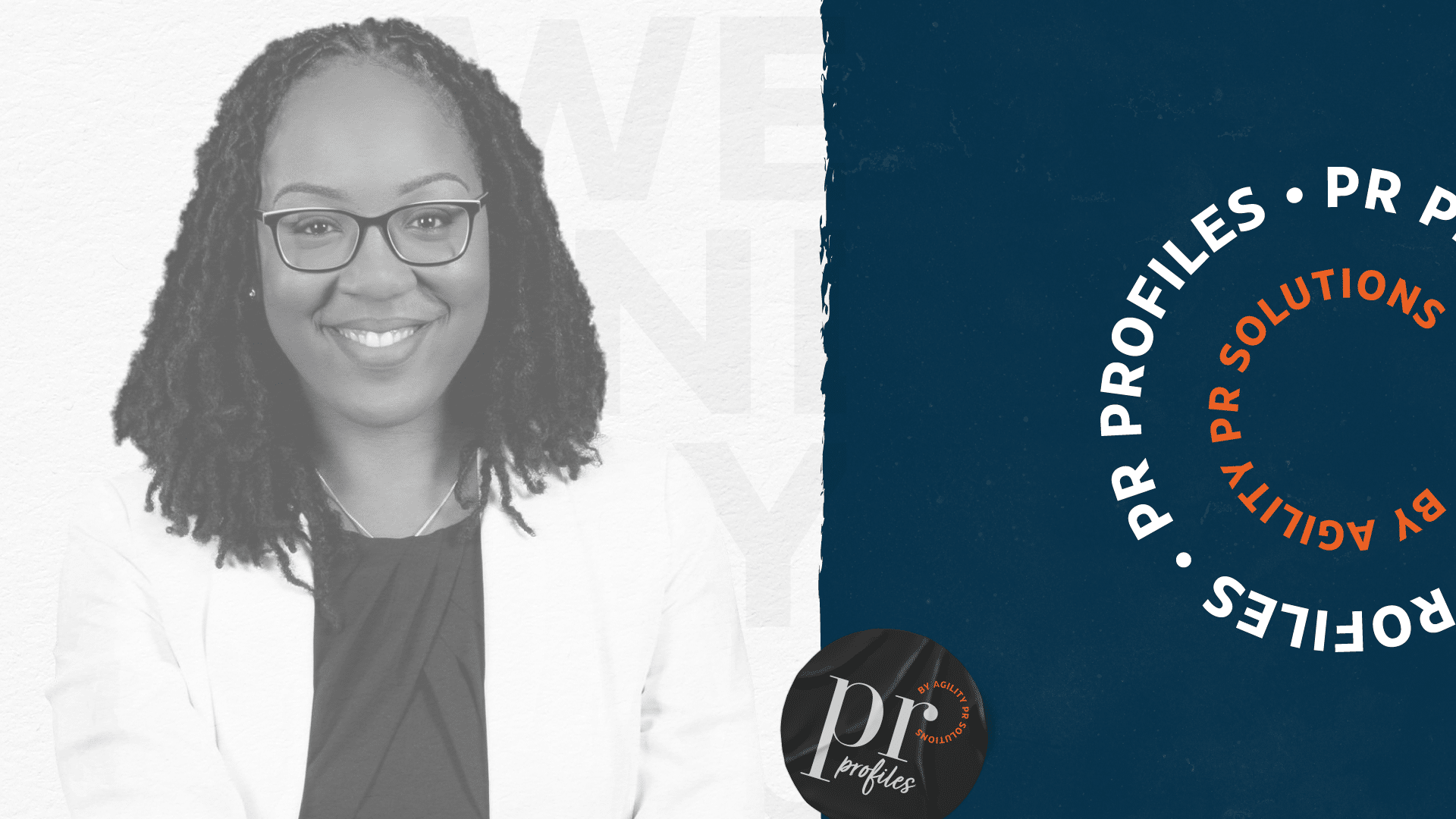Even though disinformation, defined as deliberately misleading news or information, costs companies millions of dollars a year and has significant consequences for society, few companies are investing resources and helping educate their employees about it. In the newly-released 2022 Disinformation in Canada Report by the Institute for Public Relations (IPR), Leger, and McMaster University, more than half of Canadians surveyed said misinformation (54%) and disinformation (51%) in the news were major problems in their country. In the U.S., that number is even higher at 69 percent for misinformation and disinformation. In both countries, there is a significant gap between what sources should be responsible for combatting disinformation and how well they are doing it. For example, in the U.S., 73 percent of respondents said major companies and corporations should be at least “somewhat responsible” for combatting disinformation, but only 32 percent said they were doing at least “somewhat well” in combatting it.
Combatting disinformation is important as its effects have significant societal consequences. In the study, both Canadians (72%) and Americans (75%) viewed disinformation as a threat to democracy, and that threat has manifested in elections around the world over the past several years. Canadians (56%) were less likely than Americans (63%) to believe that disinformation infringes on human rights, but the percentages were still high.
In both Canada and the U.S., misinformation and disinformation around COVID-19 have spurred racist attacks that included both physical and verbal against Asians and those of Asian descent. In a report by the Chinese Canadian National Council, the types of increased self-reported discrimination also included workplace discrimination.
Disinformation can also cost organizations millions of dollars in reputational damage. Last November, a fake Eli Lilly Twitter account tweeted that the company would offer insulin for free, causing the stock to drop quickly and significantly. Not all disinformation attacks have to result in severe consequences, but companies must prepare and help educate employees, especially as disinformation may have intangible consequences such as the erosion of trust. One way to help educate employees is through professional development programs in information literacy.
The American Library Association defines information literacy as the ability to “recognize when information is needed and have the ability to locate, evaluate, and use effectively the needed information.” Few companies spend professional development funds on information literacy programs, yet information literacy can improve the effectiveness of an organization’s internal and external communication strategy. A 2018 study by Wu found that information literacy positively impacts creativity, which in turn leads to better work performance. Research has found information literacy can also improve resilience, efficiency, decision-making, and problem-solving, leading to better market success and growth, including competitiveness and profitability.
While there are some aspects of disinformation that companies cannot control, there are many that they can. Companies should share and educate their employees about information literacy through professional development programs and workshops. IPR offers several resources in addition to our annual disinformation in society study, including 10 Ways to Identify Disinformation: A Guide and a Checklist and 10 Ways to Combat Misinformation: A Behavioral Insights Approach. Educating organizational leaders on theories and strategies grounded in behavioral science and psychology is also critical. The IPR Behavioral Insights Research Center helps apply these strategies to communication. Overall, the impact of disinformation will continue to grow, so companies must arm their workforce to help save millions of dollars and time, while at the same time positively impacting society.







